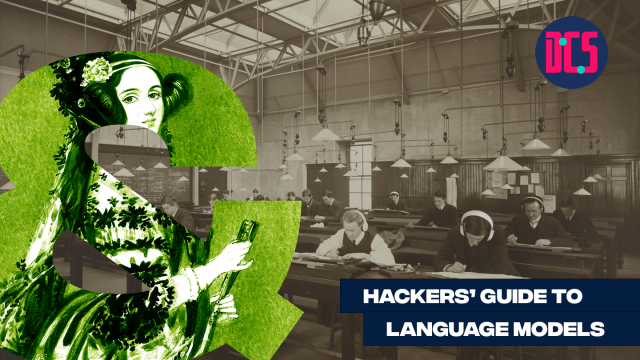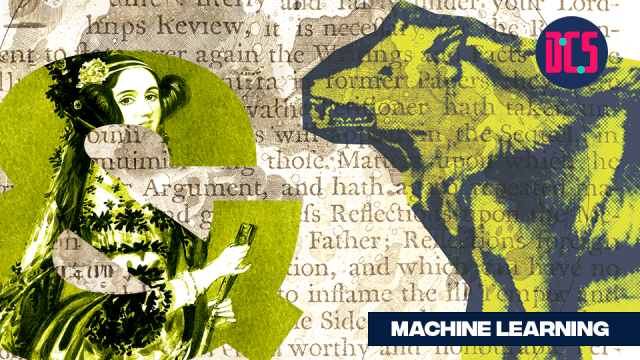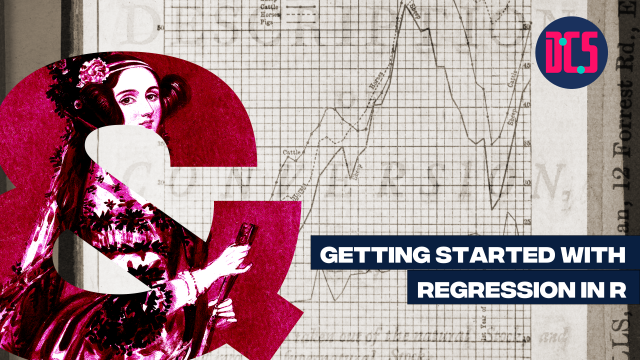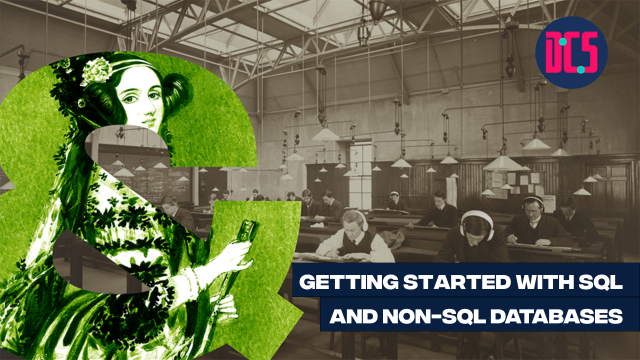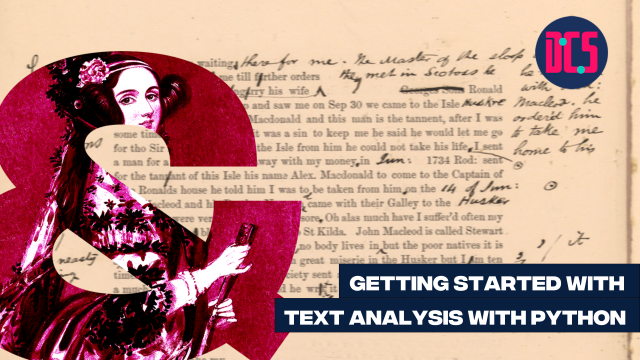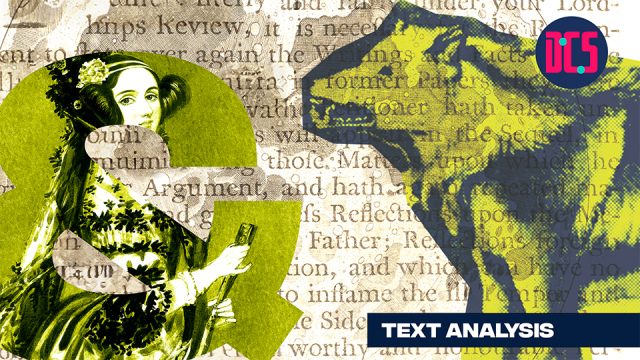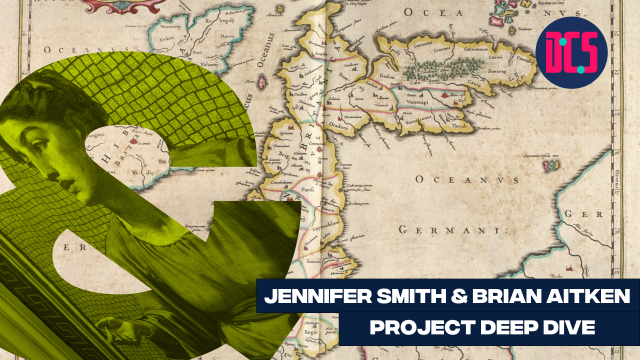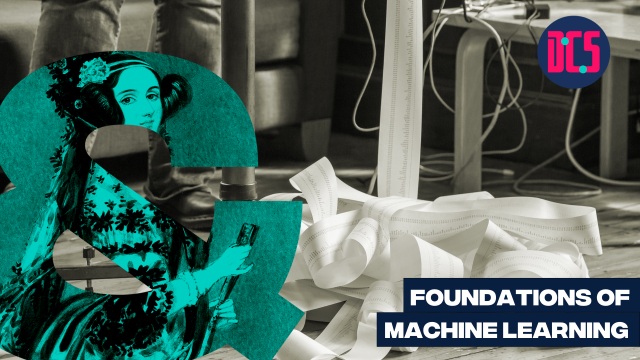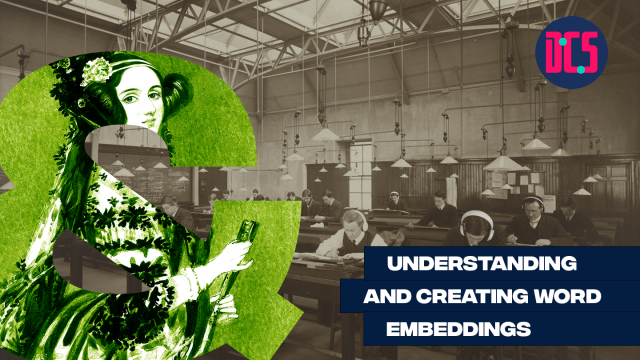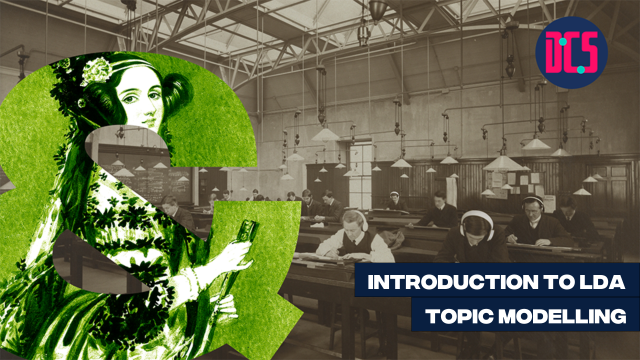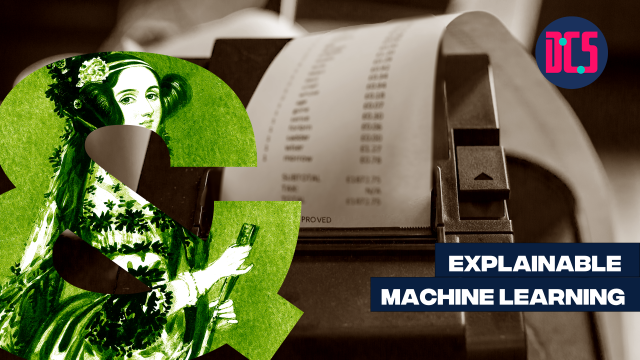Uncertainty in Crowdsourced Digital History Projects: The Operation War Diary
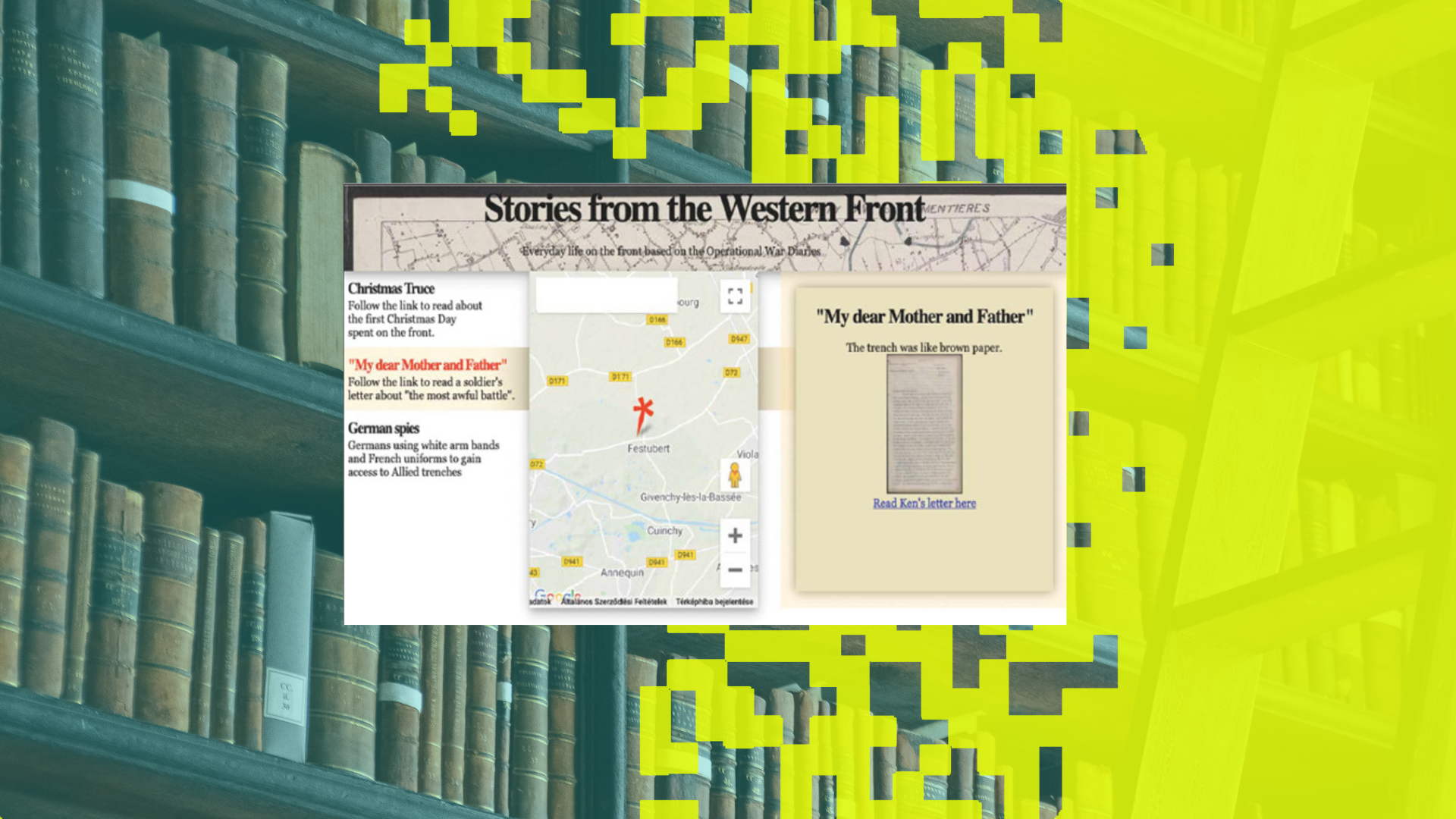
Abstract
The seminar aims to understand the different types of uncertainty in crowdsourced digital history projects and how to address them in multiple stages of crowdsourcing. It looks at the Operation War Diary (OWD) to differentiate between the occurrences of uncertainty during the project's lifespan, from creating the documents through their annotation by volunteers to their visualisation. History as a discipline acknowledges its limits within interpreting the sources. These approaches tend to agree that the interpretation provided by historians - despite making the most effort to stay true to the primary sources and their context - is a chosen narrative from the many. We tend to forget this embedded uncertainty when digital methods come into the picture. Also, digital techniques and automation tend to imbalance precision (reliability) and accuracy (validity) by increasing the former at the latter's expense. The question becomes more complicated when the digital history project involves crowdsourcing, as this provides an additional step carrying the possibilities of human or technical errors. The seminar examines how to mitigate uncertainty in the case of the OWD project and - by learning from its lessons - offers recommendations to provide reliable and valid crowdsourced historical projects.
This project is funded by the Friends of the National Archives and hosted at the National Archives UK.
Speaker Biography
Dr Andrea Kocsis comes from an interdisciplinary and international background. Before finding her path in digital humanities, she graduated in Communications, Archaeology, History and Geography and collected these degrees in Budapest, Prague, and Paris. She received her Mphil and PhD in Heritage Studies from the University of Cambridge. Her doctoral research focused on the impact the national WWI commemorations had on the urban landscape of capital cities, London, Paris and Budapest. She used digital humanities methods, such as NLP and GIS, during this research. As a Cambridge – ESRC intern at BT, she took part in distant reading and machine learning research on misinformation, while at the National Archives, she was a Research Fellow in Advance Digital Methods working with the crowdsourced dataset of the Operation War Diary. Currently, she works as an Assistant Professor in History and Data Science at Northeastern University London, and she is a Cambridge Digital Humanities Archive of Tomorrow Research Fellow.
Booking Information
Upon booking, attendees will receive an automated confirmation email which will contain a link to the online event page. This event will take place on Zoom. Attendees will receive a second email closer to the event booking which will also provide the link to the online event page. Please use the same email for registering with Eventbrite and when logging into Zoom.
Event Information
This is a webinar, which means that attendees’ microphones and cameras will be off. There will be opportunities for participants to turn their microphone on and ask questions during the discussion. This event will have live captions. Please inform us of any access requirements by emailing cdcs@ed.ac.uk. Further details about how CDCS uses your information obtained from booking onto our events can be found at in our Events Privacy Statement.
[Image Description: Graphic mashup using Canva. Stories from the Western Front: Everyday life on the front based on the Operation War Diaries. Visualisation prototype by Andrea Kocsis.]

